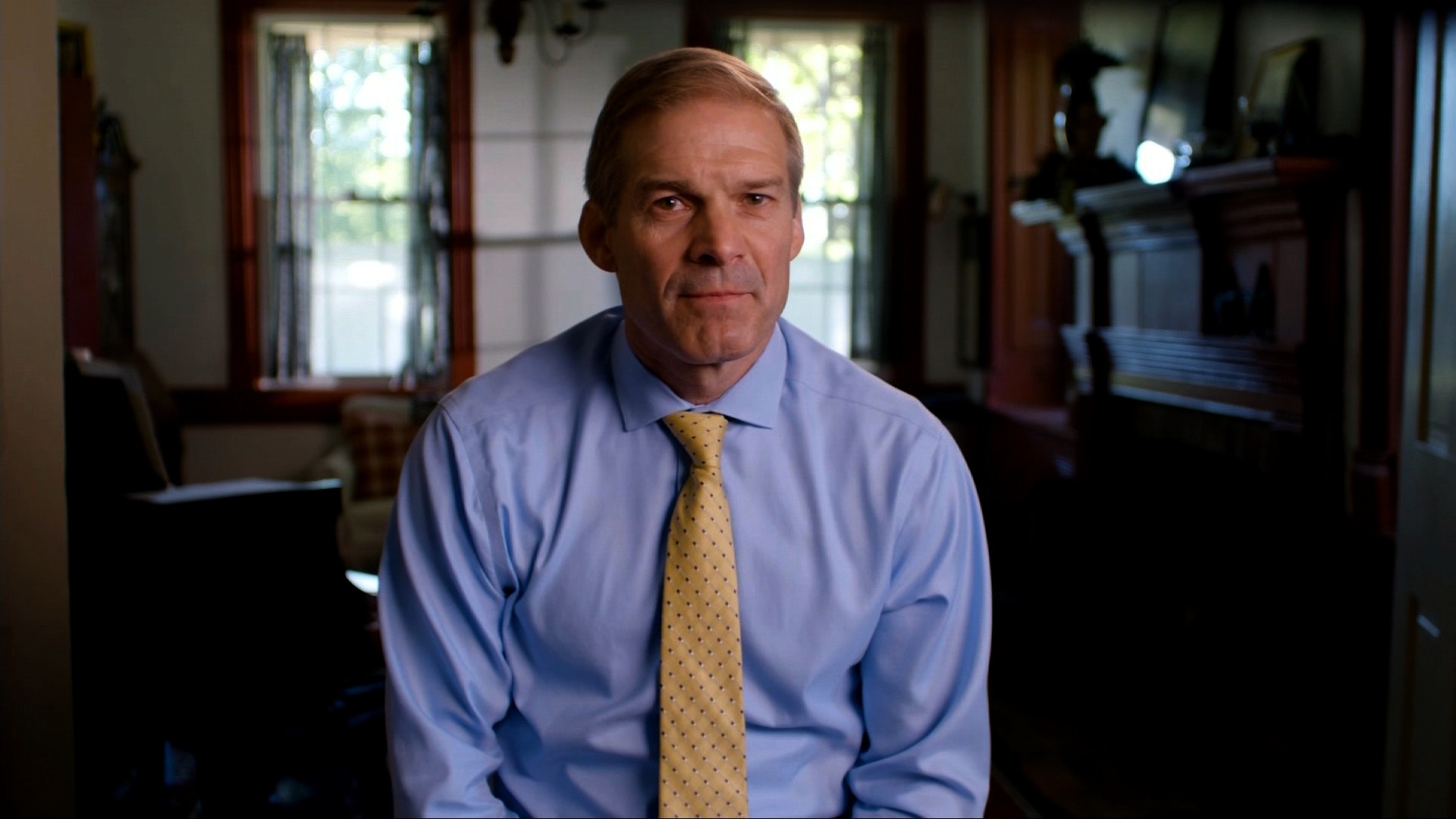

"The more remote you are and the more rural you are, the worse you're going to have it, as a result." "Bewildering might be the best way to describe it," Hladik says. Many of the proposed budget cuts would hit places where Trump got lots of votes: isolated, rural communities, says Johnathan Hladik, who heads the Center for Rural Affairs in Nebraska. People couldn't afford for us to do it," says Larry Sigler, who works at the plant. More than $2.7 million in federal grants made it possible. The treatment plant is paid for, and it started operation about a year ago. It serves only about 500 homes and businesses.Īround the Nation Tired Of Promises, A Struggling Small Town Wants Problems Solved Strong City banded together with Cottonwood Falls, the town next door, to build a $6 million water treatment system.

"Water's very important and a lot of people don't realize it until they don't have it," she says. DeWitt says the plant was built 40 years ago inside the town's abandoned high school, but the plant kept breaking down. Shari DeWitt, the city clerk, says a couple of years ago, even its water treatment plant was dying. Trump's proposed budget aims at killing the program that threw a lifeline to the town's water system. Strong City is a former railroad town of about 460 people, less than half the size it was in 1890.
Jim fink fact check full#
Some of President Trump's proposed spending cuts would cripple programs that benefit communities full of his rural supporters, but at least in Strong City, Kan., some say they are ready "to bleed a little bit." More than two-thirds of the NFL’s 32 teams are either playing in or building stadiums that didn’t exist when he took over as commissioner in 1989.A new water tank in Strong City, Kan., (at right) sits next to one that was part of an old leaky system on a hill just outside the city limits. He also oversaw a massive stadium building program.

Jim fink fact check free#
The agreement avoided the prospect of entering free agency this year with the possibility of an uncapped year in 2007. His close relationship with Gene Upshaw, the union’s executive director, finally led to a long-term agreement after five years without a contract.īut the bargaining was hard this time, with three straight deadline extensions needed. “I am honored to have been commissioner since late 1989 and to have been heavily involved with the league, its owners, clubs, coaches, players, fans and media since 1969.” Tagliabue’s term will be remembered most for labor peace following strikes in 19. “We have a collective bargaining extension in place, long-term television contracts, and have undertaken many other strong elements in league and club operations,” Tagliabue said. Tagliabue has said he wants to avoid the kind of seven-month deadlock that occurred between him and the late Jim Fink after Rozelle stepped down in March 1989. Baltimore Ravens president Dick Cass is considered a dark horse. Roger Goodell, the NFL’s chief operating officer, and Atlanta general manager Rich McKay are the two leading candidates to succeed Tagliabue. Digital Replica Edition Home Page Close Menu


 0 kommentar(er)
0 kommentar(er)
